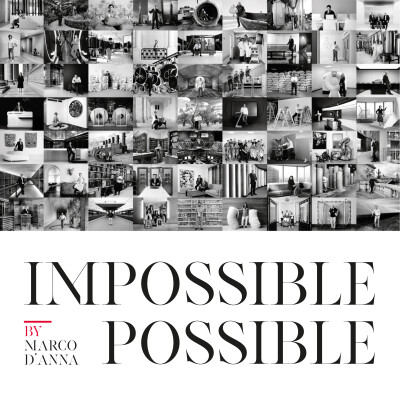Description
"Did you know that 80% of plastic pollution in the oceans comes from just 1% of rivers?" In this captivating episode of Impossible • Possible, Boyan Slat, the visionary behind The Ocean Cleanup, takes us on his fascinating journey. At just sixteen years old, a disappointing dive in Greece ignited in him a burning passion for technology and innovation. Boyan Slat left his studies in aerospace engineering to fully dedicate himself to his mission: cleaning our oceans. With revolutionary technologies like the Interceptors, The Ocean Cleanup targets the rivers responsible for this pollution. Join us to discover how a young man is turning his dream into reality for the sake of our planet.
About the podcast Impossible • Possible
For its 160th anniversary, Societe Generale wanted to celebrate the relationship of trust with its clients and partners, without whom nothing would have been possible. Thus, was born the Impossible • Possible art project. Marco D'Anna, a photographer, produced a series of 75 portraits of these men and women on behalf of the Group: entrepreneurs, doctors, financiers, families, volunteers, musicians, industrialists... We decided to go beyond the images... Discover these human stories, where the impossible becomes possible, these authentic testimonials where the protagonists reveal their paths, their visions, their passions.
Hosted on Ausha. See ausha.co/privacy-policy for more information.




